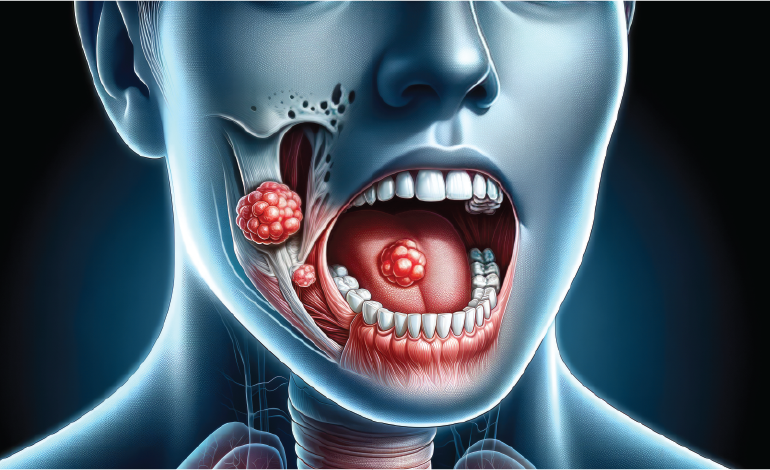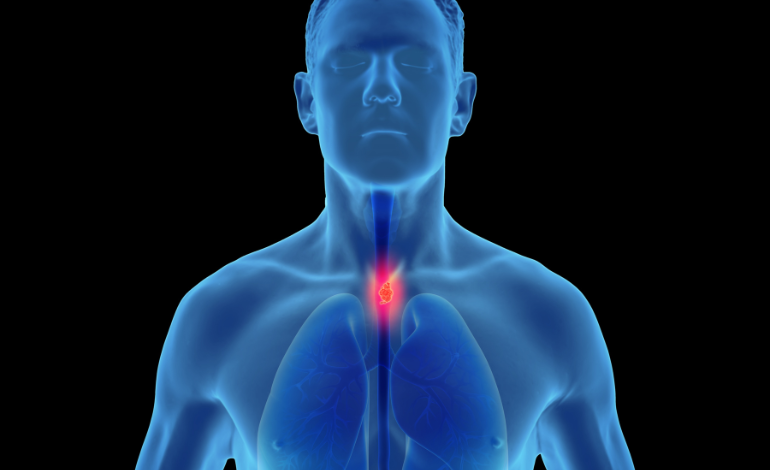Could Blocking or Deleting a Protein Help Prevent Common Oral Cancers?

Common oral cancers are a growing concern and can cause significant health problems if left untreated. Several factors, including tobacco use, alcohol consumption, and poor oral hygiene, can increase the risk of developing oral cancer. While various treatments exist, such as surgery, radiation therapy, and chemotherapy, prevention remains the best option. This raises the question of whether blocking or deleting a protein could help prevent common oral cancers.
Proteins play an important role in cellular growth and division, making them critical targets in the development of cancer. Some proteins, such as those involved in the regulation of the cell cycle, can be altered in a way that leads to uncontrolled cell growth and the development of cancer. By blocking or deleting these proteins, it may be possible to prevent the development of oral cancer.
Studies have shown that targeting specific proteins, such as human papillomavirus (HPV) E6 and E7, can prevent the development of oral cancer caused by HPV. Additionally, research has shown that blocking the expression of certain proteins, such as p53, can reduce the growth of oral cancer cells.
However, deleting or blocking a protein is not always a straightforward process, and it can have unintended consequences. For example, some proteins play multiple roles in the body, and deleting them could disrupt normal cellular processes and lead to other health problems. Additionally, some proteins may only be involved in the development of a specific type of oral cancer, making it important to understand the role of each protein before targeting it.
In conclusion, blocking or deleting a protein could be a promising approach in the prevention of common oral cancers. However, more research is needed to fully understand the effects of targeting specific proteins and to determine the best approach to prevent the development of oral cancer. Additionally, a combination of preventive measures, including healthy lifestyle choices and regular dental check-ups, can help reduce the risk of developing oral cancer








